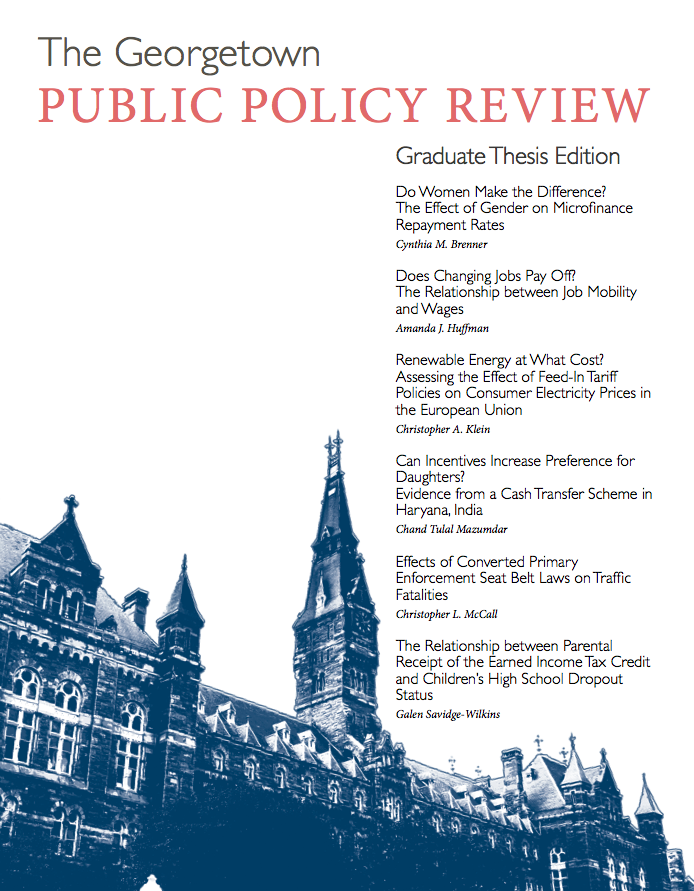By Christopher L. McCall
As states continue to strive for safer roadways, seat belt laws remain a major policy issue in state legislatures across the country. The effectiveness of seat belt usage in saving lives during motor vehicle accidents is well documented, but enforcement methods vary among states. Some states and other actors continue to resist tougher seat belt laws on the grounds that they are either ineffective or violate personal freedoms. As of 2011, 24 states and the District of Colombia have upgraded from secondary to primary enforcement of existing seat belt laws. This paper analyzes the impact of tougher enforcement laws on reducing roadway fatality rates. This research builds upon previous works as it considers an additional 10 states that have converted to primary enforcement since the last known study. Using state-level panel data collected from the National Highway Traffic Safety Administration and the United States Census Bureau, this paper employs a series of fixed-effect regression models to determine if there are significant benefits observed in states that adopt stricter seat belt enforcement laws. The results indicate that, in terms of both lives and money saved, states experience significant benefits after upgrading existing secondary laws to primary enforcement. Closer examination reveals that this impact is not homogenous across states and that adopting primary laws may have outsized benefits for highly-populous states and specific geographic regions such as the Southeast and Pacific Coast.
Christopher L. McCall completed his Master of Public Policy at the Georgetown Public Policy Institute in 2012. Omar Robles, PhD, served as his thesis advisor. McCall also holds a BA in Political Science from the University of Minnesota. He recently began work as a Legislative Assistant in the Minnesota State Senate, working for Sen. Ann Rest, the Chair of the Tax Reform Division.
